

鉂勶笍 Why You'll Love It:
- 鉁?Unique White-Tipped Foliage – Each leaf is plump, rounded, and finishes with a soft white “frosted” touch, making this Sedum Burrito a rare and magical variant.
- 馃尶 Perfect for Hanging Displays – Its cascading vines grow beautifully in hanging pots, windowsills, or shelf edges, adding vertical charm to your space.
- 馃尡 Beginner-Friendly – Drought-tolerant, low maintenance, and super forgiving. It thrives even if you forget to water for a while!
- 馃尀 Loves Bright Light – Just give it a sunny spot (indirect light preferred), and watch it grow fuller and more vibrant over time.
- 馃拵 Collector’s Favorite – A must-have for any succulent lover or rare plant collector.

馃尲 Care Tips:
| Light | Watering | Temperature | Potting |
|---|---|---|---|
| Bright, indirect light | Let soil dry completely between waterings | Prefers 60–80°F (15–27°C) | Use well-draining cactus/succulent soil |
鉁?Tip: Leaves may fall off if handled too much—don’t worry! You can replant them as new baby succulents!

馃實 What Makes Ours Different?
鉁旓笍 Rare variety—each plant hand-selected for strong white tips
鉁旓笍 Grown with care in organic, pesticide-free conditions
鉁旓笍 Shipped safely with protective packaging and planting guide
鉁旓笍 100% Satisfaction Guarantee – healthy plant arrival or your money back

How to Care for Succulents (And Not Kill Them): 9 Plant-Care Tips

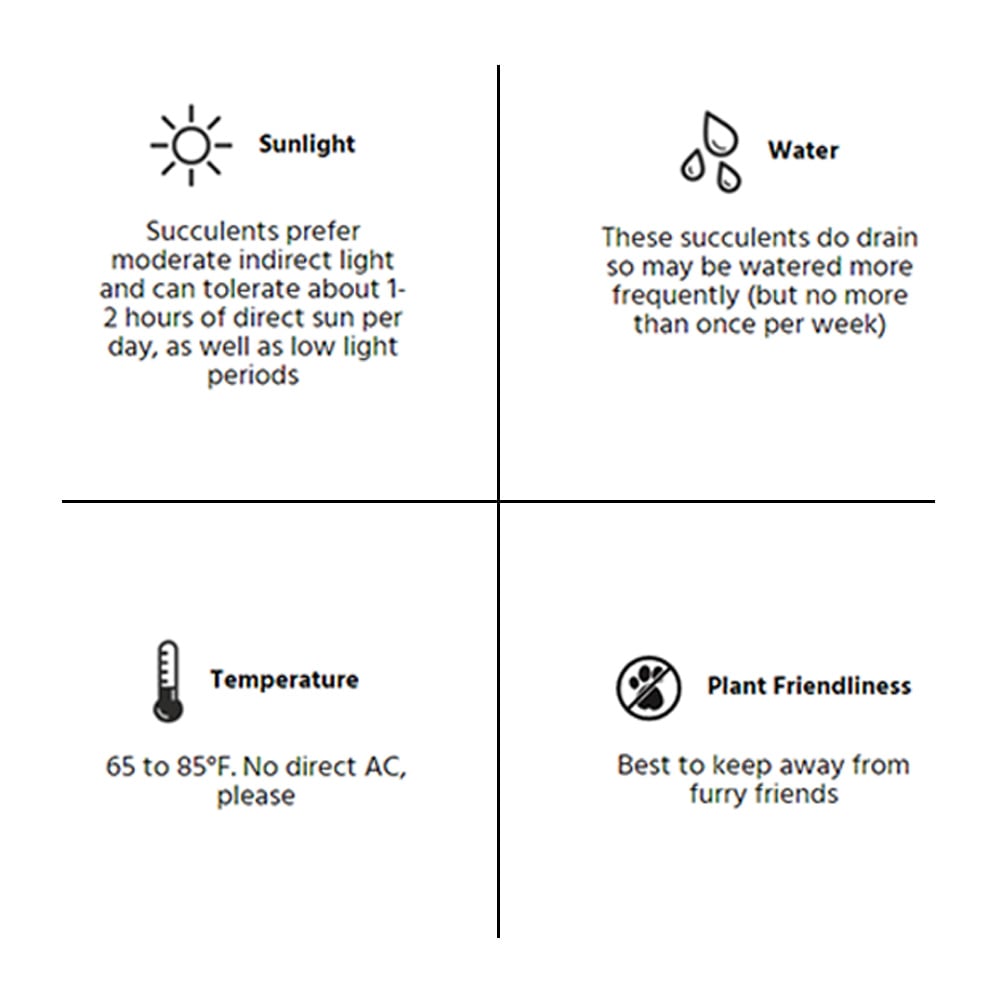
1. Make Sure Your Succulents Get Enough Light
Succulents love light and need about six hours of sun per day, depending on the type of succulent. Newly planted succulents can scorch in direct sunlight, so you may need to gradually introduce them to full sun exposure or provide shade with a sheer curtain.
2. Rotate Succulents Frequently
Succulents love direct sun, but if yours is sitting in the same exact spot day after day, it's likely that only one side is getting enough light. Langton and Ray suggest rotating the plant often. Succulents will lean towards the sun, so rotating them will help them stand up straight. (Leaning may also be a sign that they need to be in a sunnier spot
3. Water According to the Season
Just like us, succulents need more energy when they're in a period of growth. During the spring and summer, the plants are thriving and drinking up much more water than when they're resting in the fall and winter. Langton and Ray recommend testing the soil with a finger—when the top 1.25 inches are dry, grab your watering can. Overwatering can kill your succulent, so make sure you let the soil dry between waterings.
4. Water the Soil Directly
When you water your succulents, soak the soil until water runs out of the drainage holes. (If your container doesn’t have drainage holes, use less water.) Don’t use a spray bottle to water your succulents—misting can cause brittle roots and moldy leaves . You can also place pots in a pan of water and allow the water to absorb through the drainage hole. Once the top of the soil is moist, remove from the pan.

5. Keep Succulents Clean
"Inevitably, your indoor plants will gradually pick up dust on their surface, which can inhibit their growth," write Langton and Ray. Wipe off the leaves and spines gently with a damp cloth (use a soft paintbrush to get at hard-to-reach spots).
6. Choose a Container with Drainage
Succulents don’t like to sit in waterlogged soil, so drainage is important to prevent rot. Your container should have a drainage hole to allow excess water to escape. Terra-cotta pots are ideal for beginners.
7. Plant Succulents in the Right Soil
Succulents need soil that drains, so regular potting soil—or dirt from your yard—won’t do. Choose cactus soil or mix potting soil with sand, pumice, or perlite. Succulent roots are very fragile so be gentle when repotting.
8. Get Rid of Bugs
Pests shouldn’t be a problem for indoor succulents, but occasionally you may have to deal with bugs. Gnats are attracted to succulents that are planted in soil that is too wet and doesn’t have proper drainage. To get rid of eggs and larvae, spray the soil with 70 percent isopropyl alcohol. Mealybugs are another pest succulent owners have to deal with. Overwatering and overfertilizing are the common causes of mealybugs. Move infected plants away from other succulents and spray with 70 percent isopropyl alcohol.
9. Fertilize Succulents in the Summer
Succulents don’t need much fertilizer, but you can give them light feedings during the spring and summer growing season. Be careful not to overfertilize—this can cause your succulent to grow too quickly and become weak.

About Us

Succulents thrive beautifully in poor soils and low-water conditions. They symbolize perseverance, unconditional love, and growth, which are what Succulents Club is all about. Started in a 1 bed room apartment 6 years ago, Succulents Club now employs over 30 dedicated employees, has delivered over 1.5 million succulents to over 210,000 succulents lovers, and donated tens of thousands of dollars to charities.
Please do note that shipping is insured and takes 7-14 business days worldwide. However, you may receive your items earlier. Tracking Numbers will ALWAYS be sent so you can track it every step of the way! Cool things are worth waiting for! 馃槈馃敀 100% Risk-Free Purchase 馃敟
If you bought it and felt that it is not for you, don't worry. Just shoot us a message at service, and we will make it right by offering you a replacement or refund. 100% Simple & Risk-Free process.





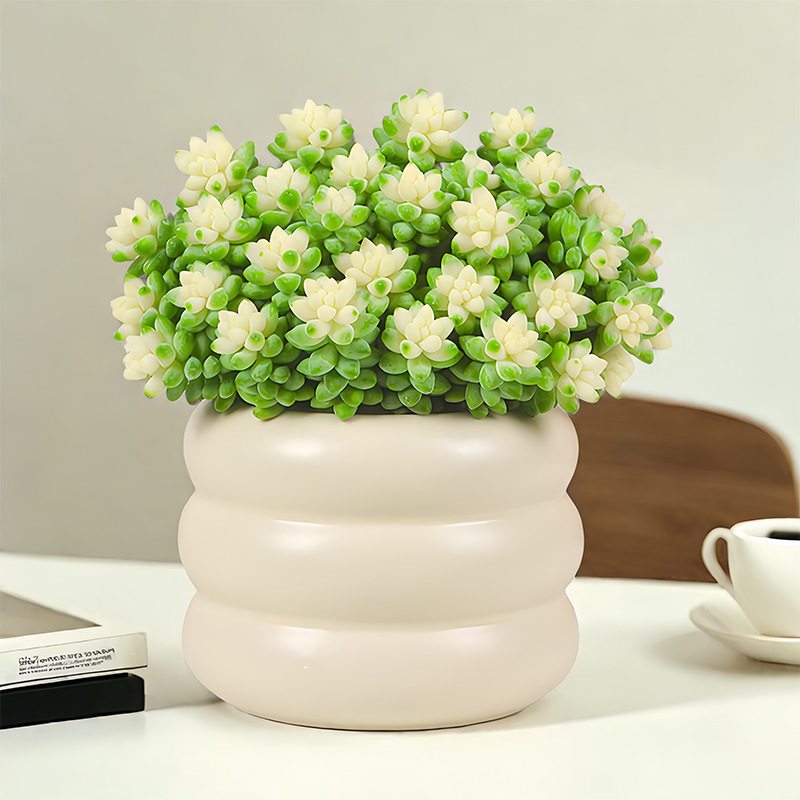
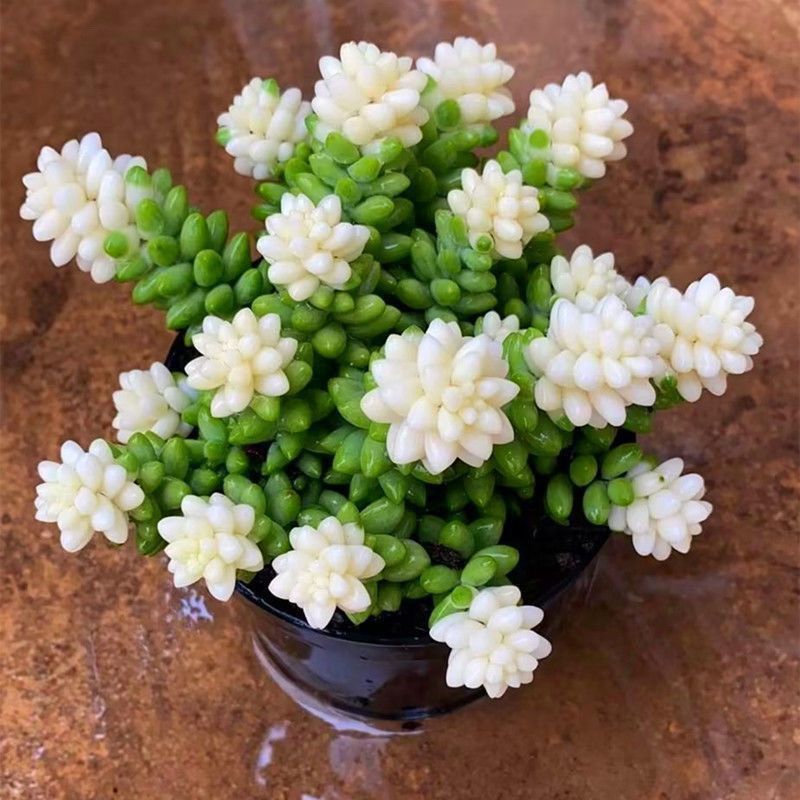
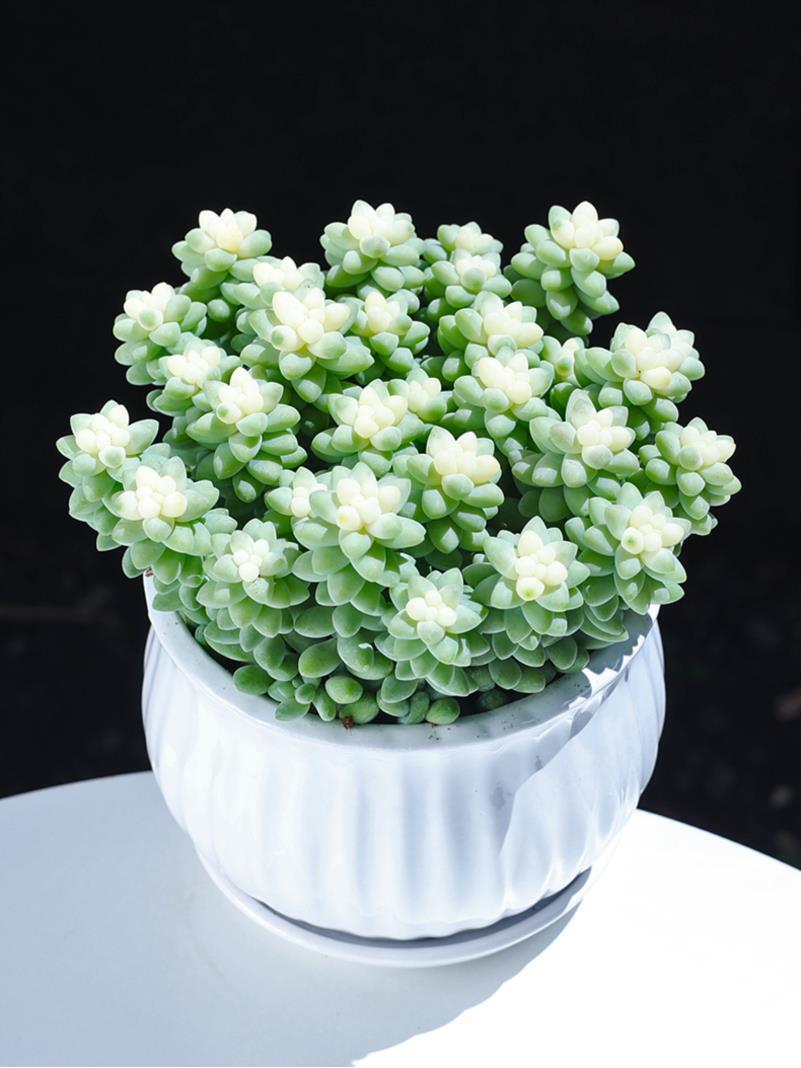
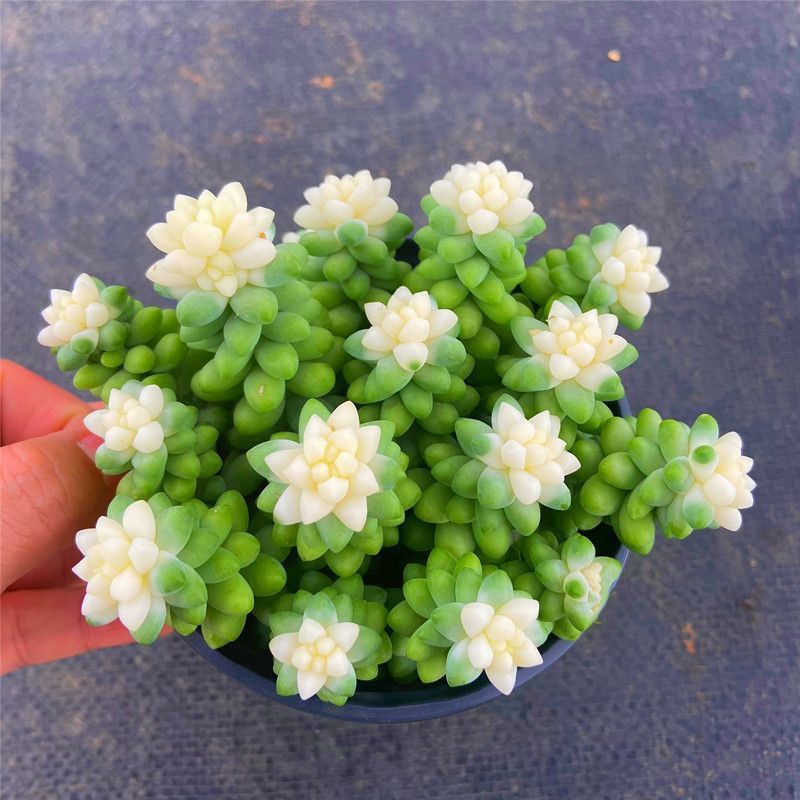
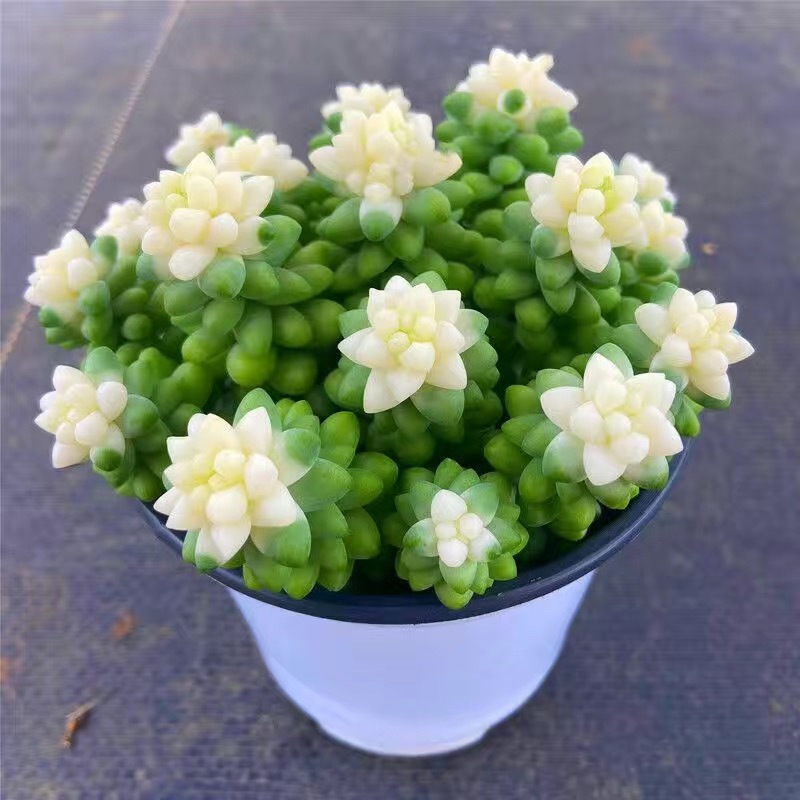
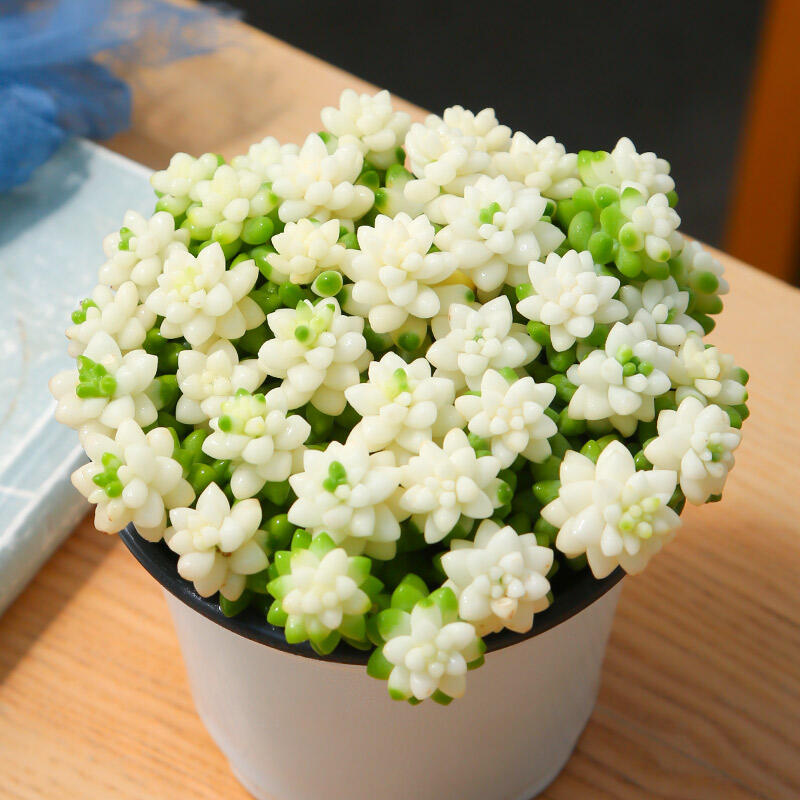
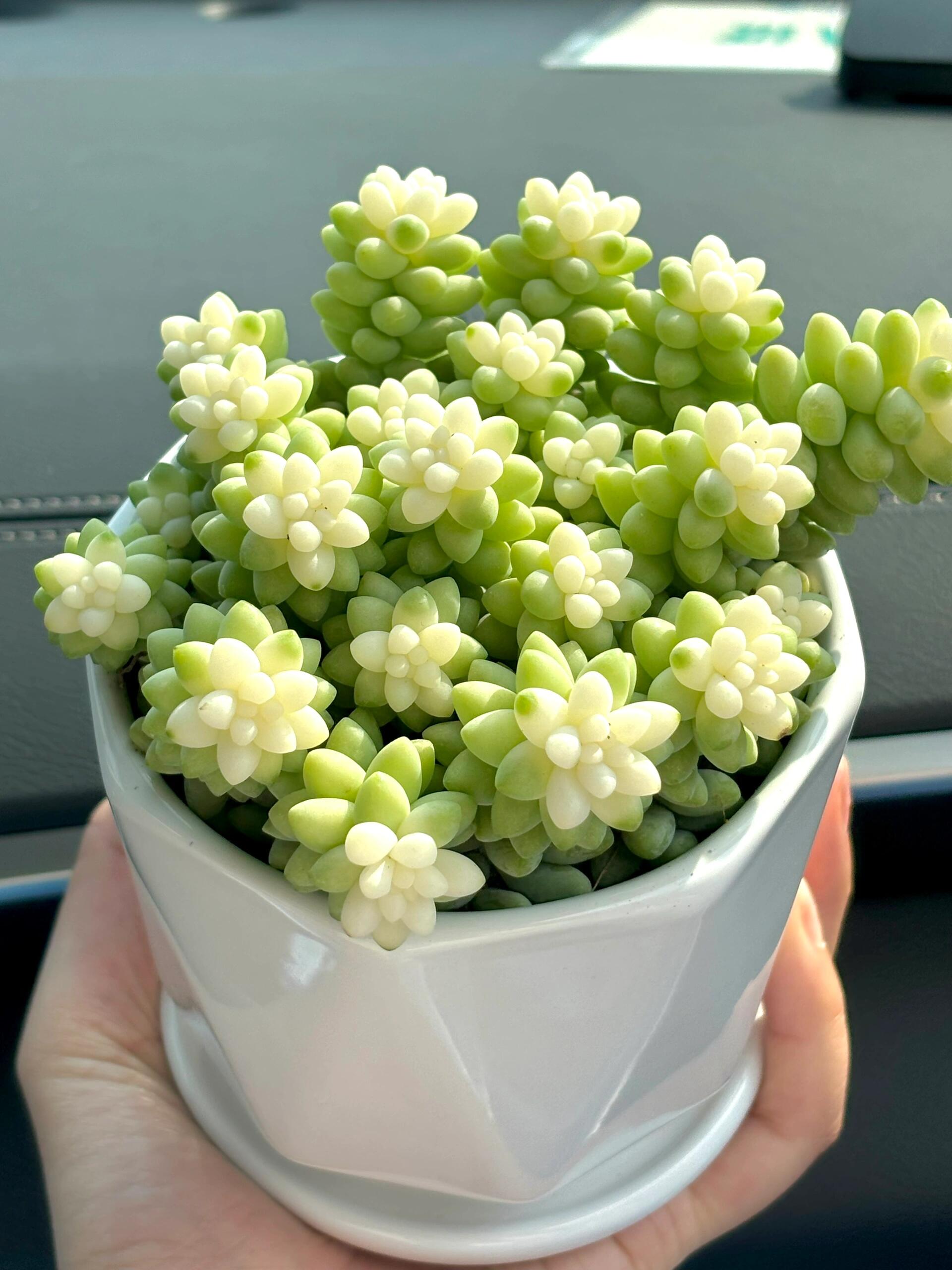
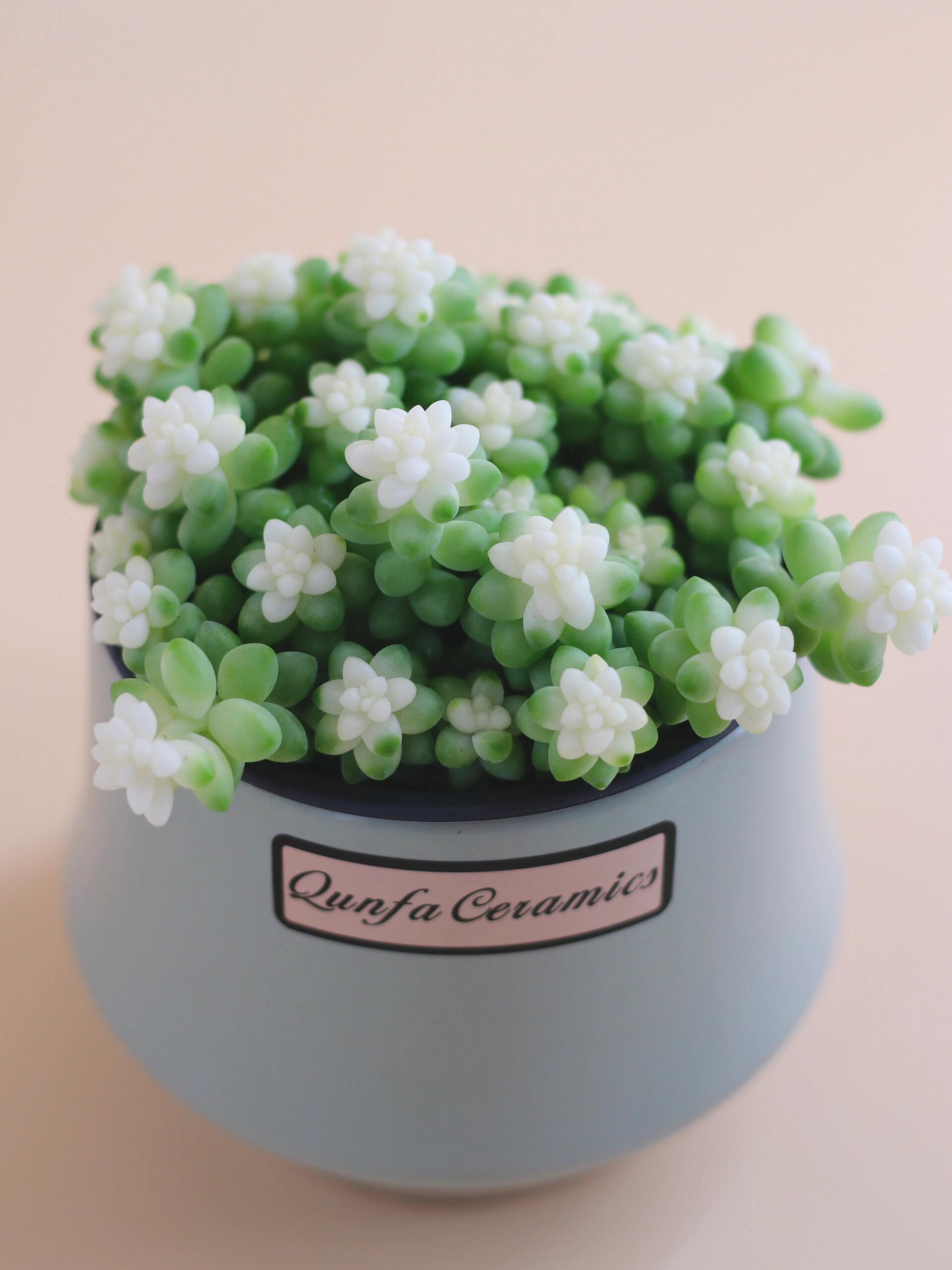
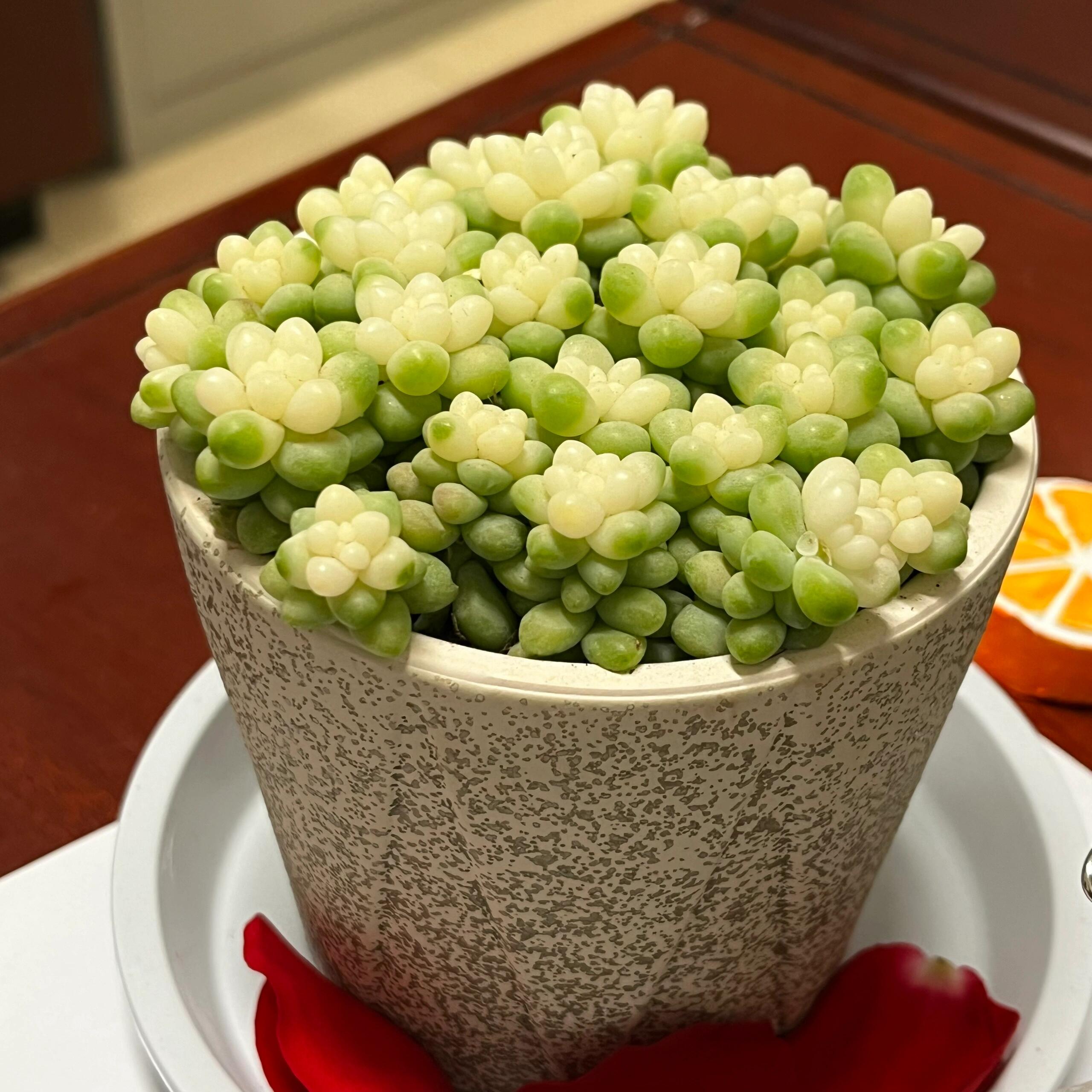
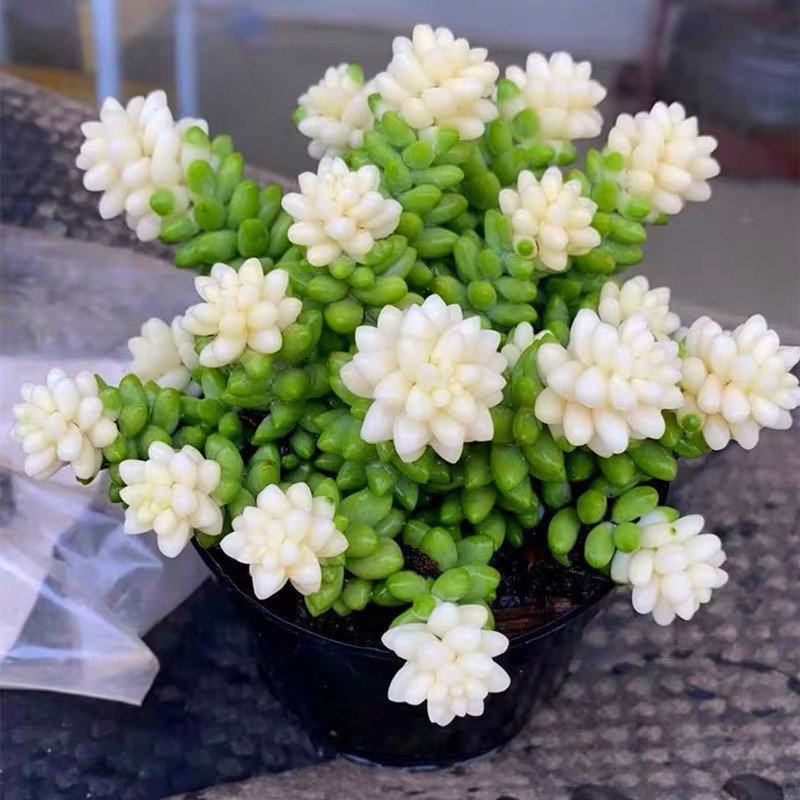
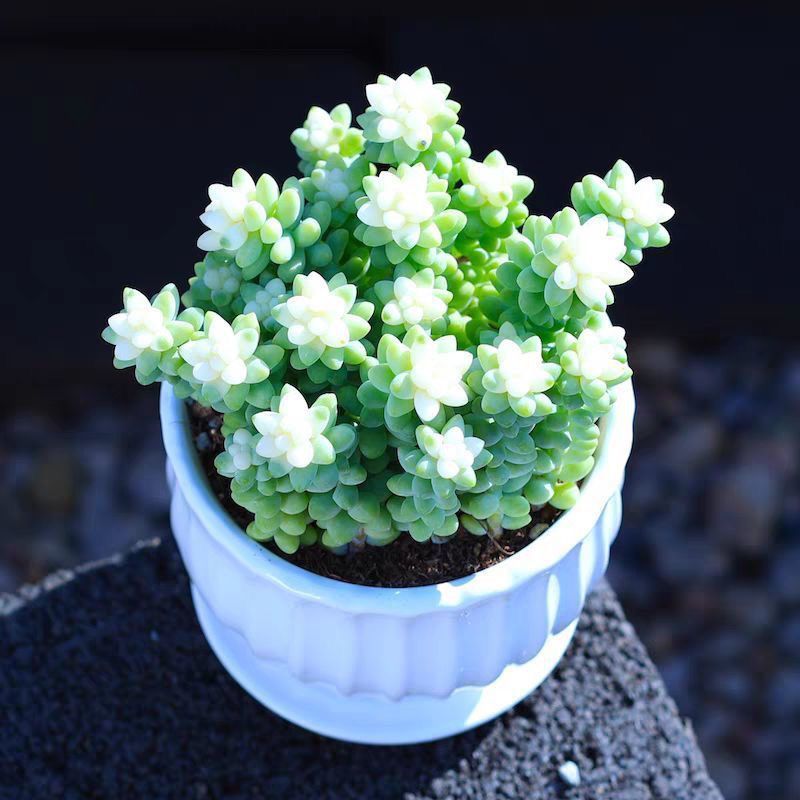
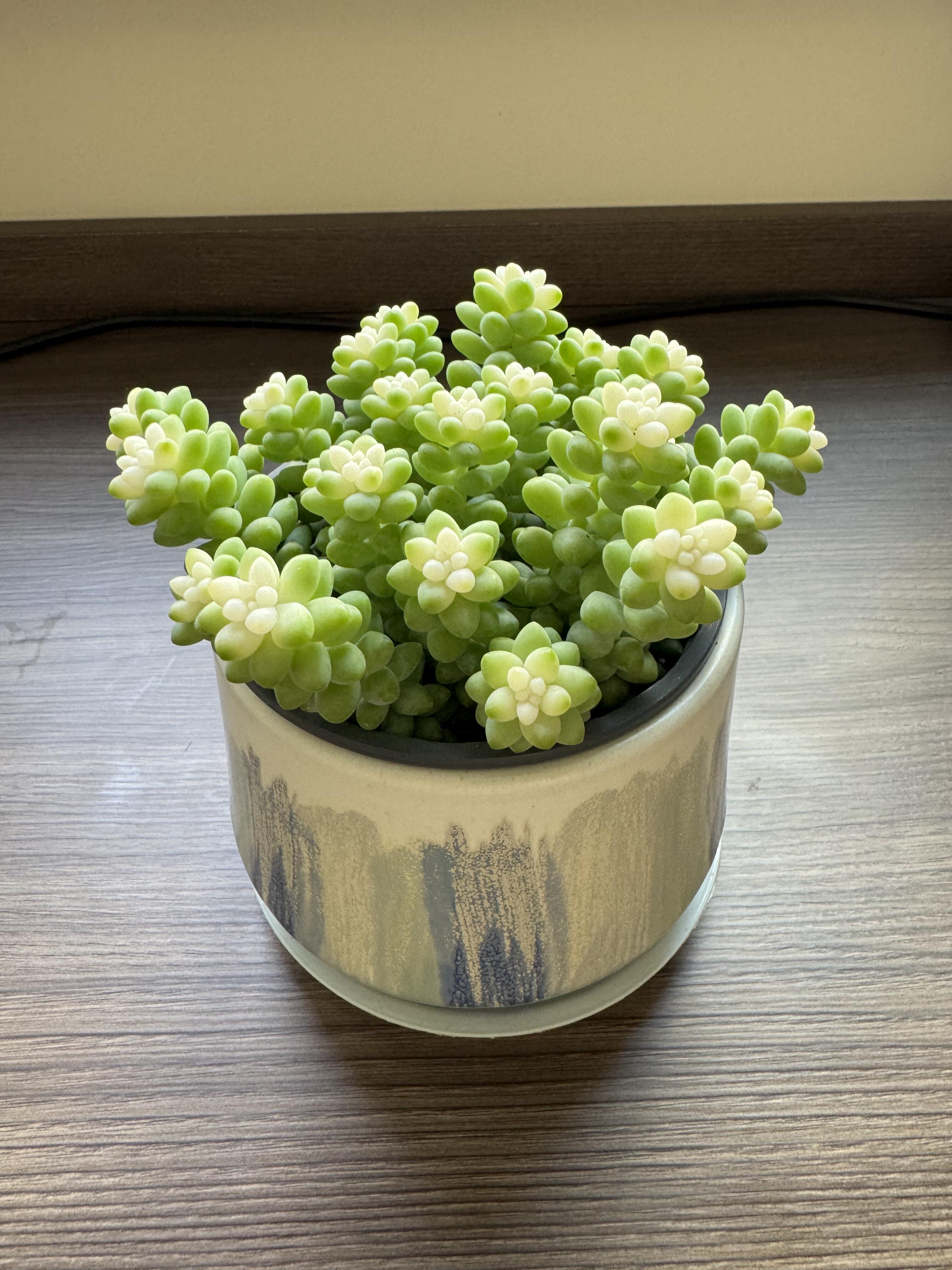
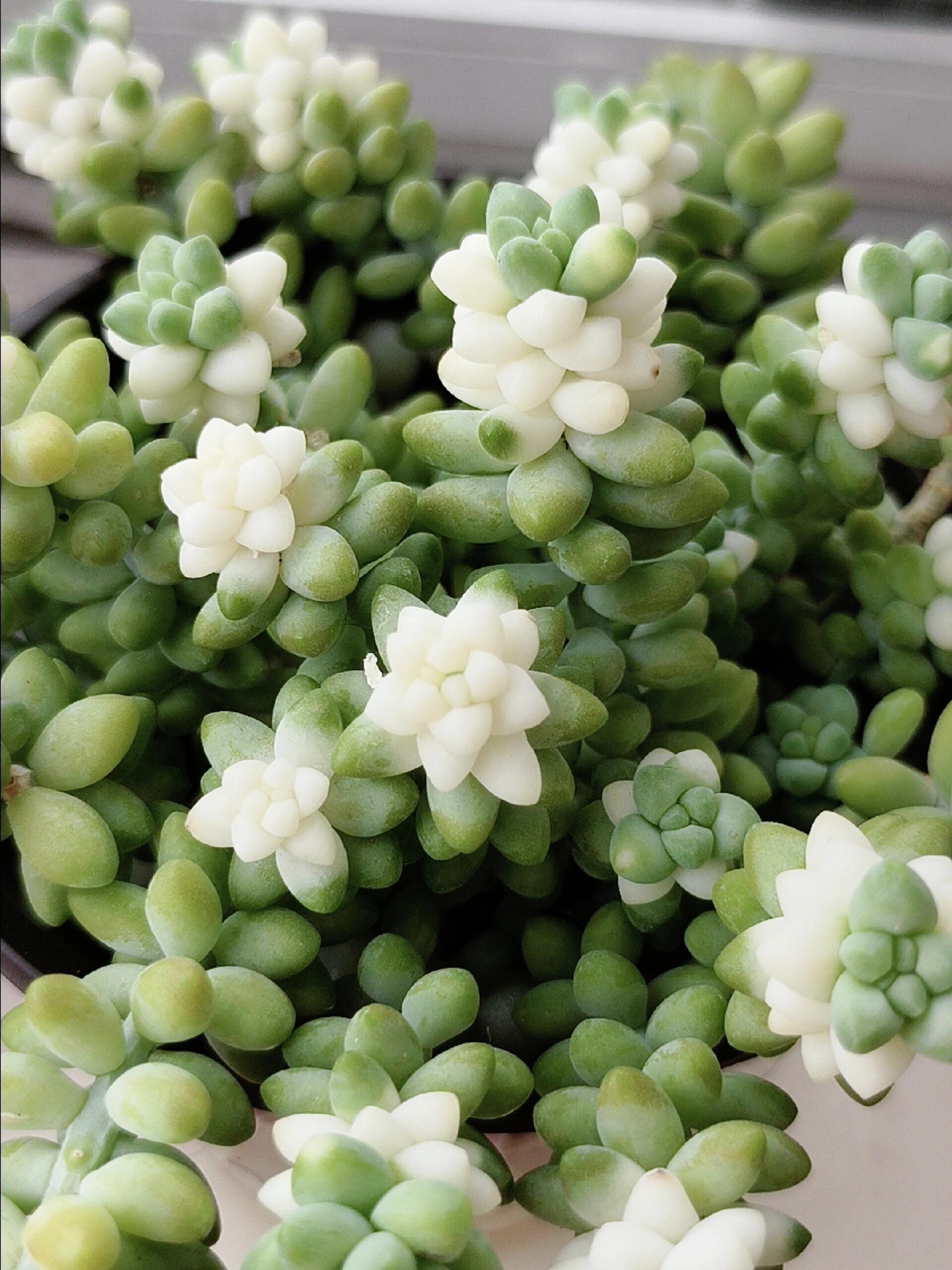
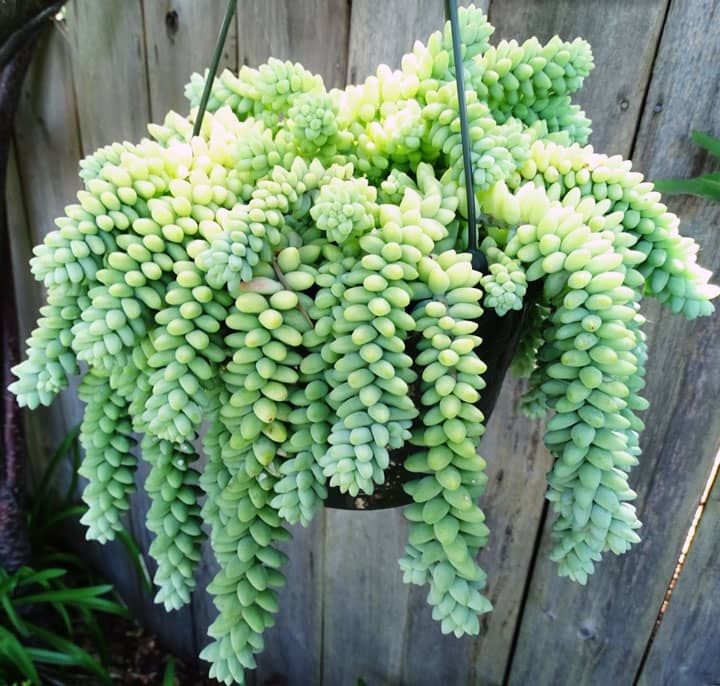
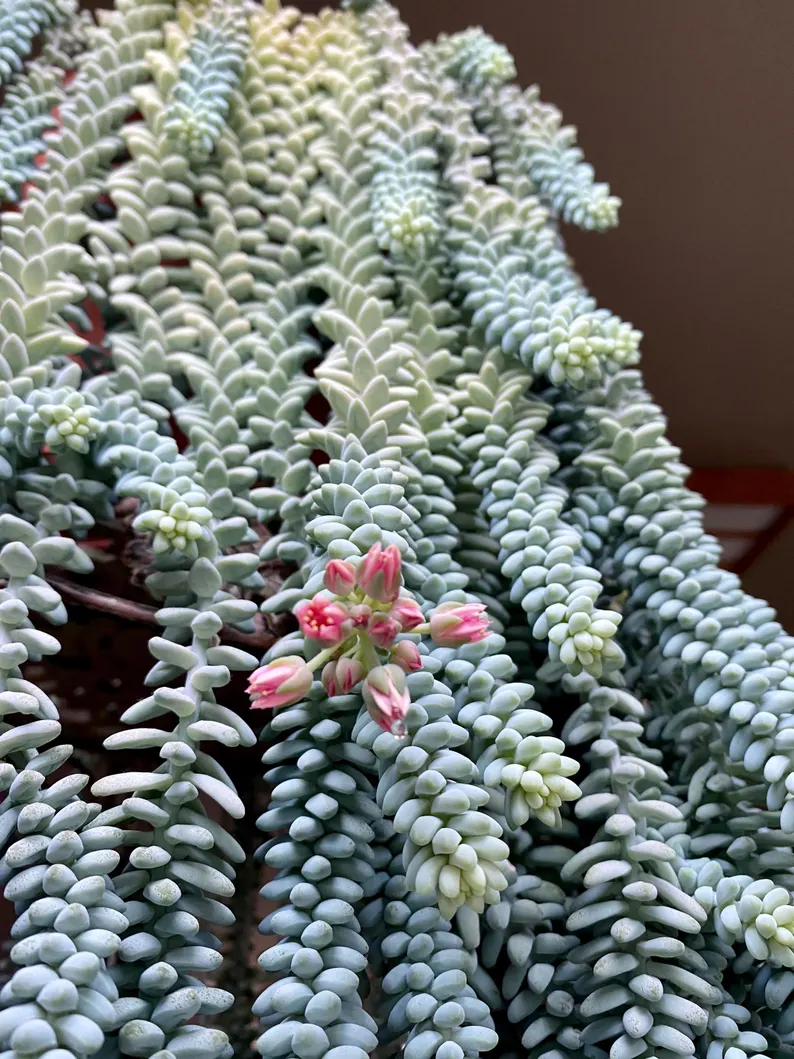

Comment